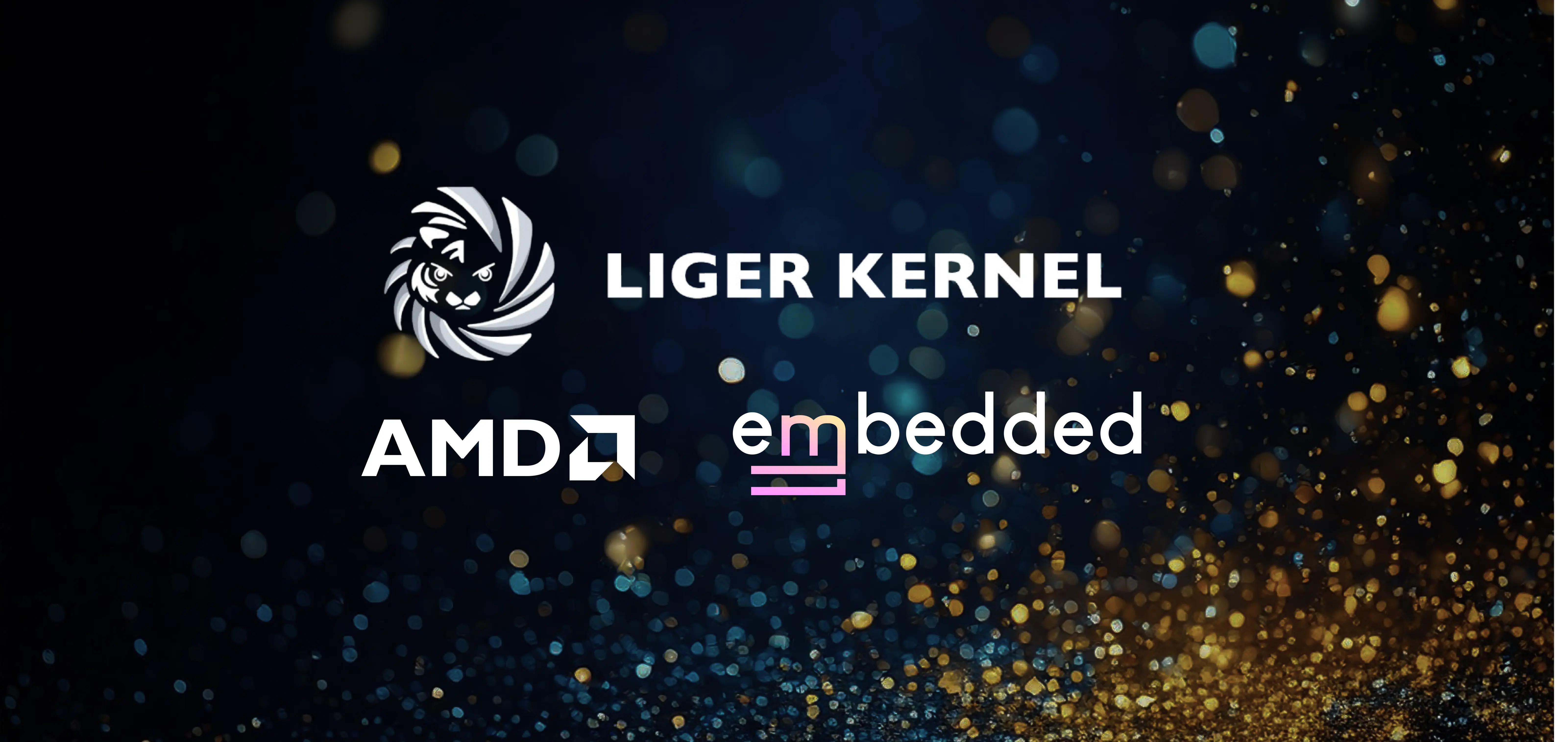
Do Not Pin Your Hopes for Guilt-Free Hamburgers on Seaweed
Upton Sinclair, author of the scathing 1906 meat industry exposé The Jungle, would later in his life coin a particularly useful aphorism: “It is difficult to get a man to understand something when his salary depends on his not understanding it.” But if you’ve been following news about the meat and dairy industries this fall, that aphorism might well be rearranged to this: It is difficult to get a man to understand something when his tastes depend on not understanding it.
At a time when the corpses of dairy cattle felled by the H5N1 avian flu are left to rot on roadsides in California’s Central Valley and human cases of the disease creep upward, and when water-guzzling feed crops for beef and dairy are driving the American West’s worsening water crisis, the biggest stories about livestock in the national media in the past few months were downright effusive about the industry’s future: With a few small fixes to their diets, these stories promised, cows can transform from climate villains to climate heroes, ushering in an era of net-zero beef and dairy. This blend of science, public relations, and status quo bias might be the best window yet into the meat industry’s quest to prevent any serious discussion about the environmental and public health problems posed by animal agriculture.
The recent positive press about cows revolves around a red algae seaweed native to Australia called Asparagopsis taxiformis. Over the past half-decade, a number of studies have been published showing that, under small-scale and short-term experimental conditions, adding dried and processed asparagopsis to cows’ feed on feedlots and dairy farms can massively diminish the amount of methane they belch into the atmosphere. Two of the most widely cited studies report reductions of up to 80 percent and up to a stunning 98 percent. The news media has dutifully covered these studies, usually taking them at face value. The Guardian alone has run stories about the promise of feed additives in 2021, 2023, and this past August; since then asparagopsis has also been covered by The Wall Street Journal and on NBC. (I was a guest on the NBC segment, where I presented a very short version of the argument in this article.)







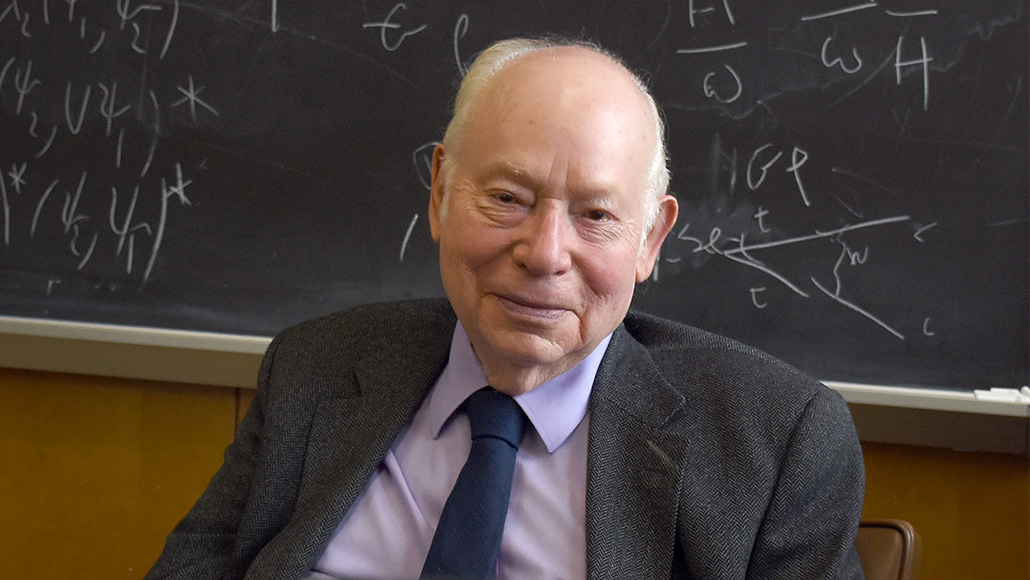
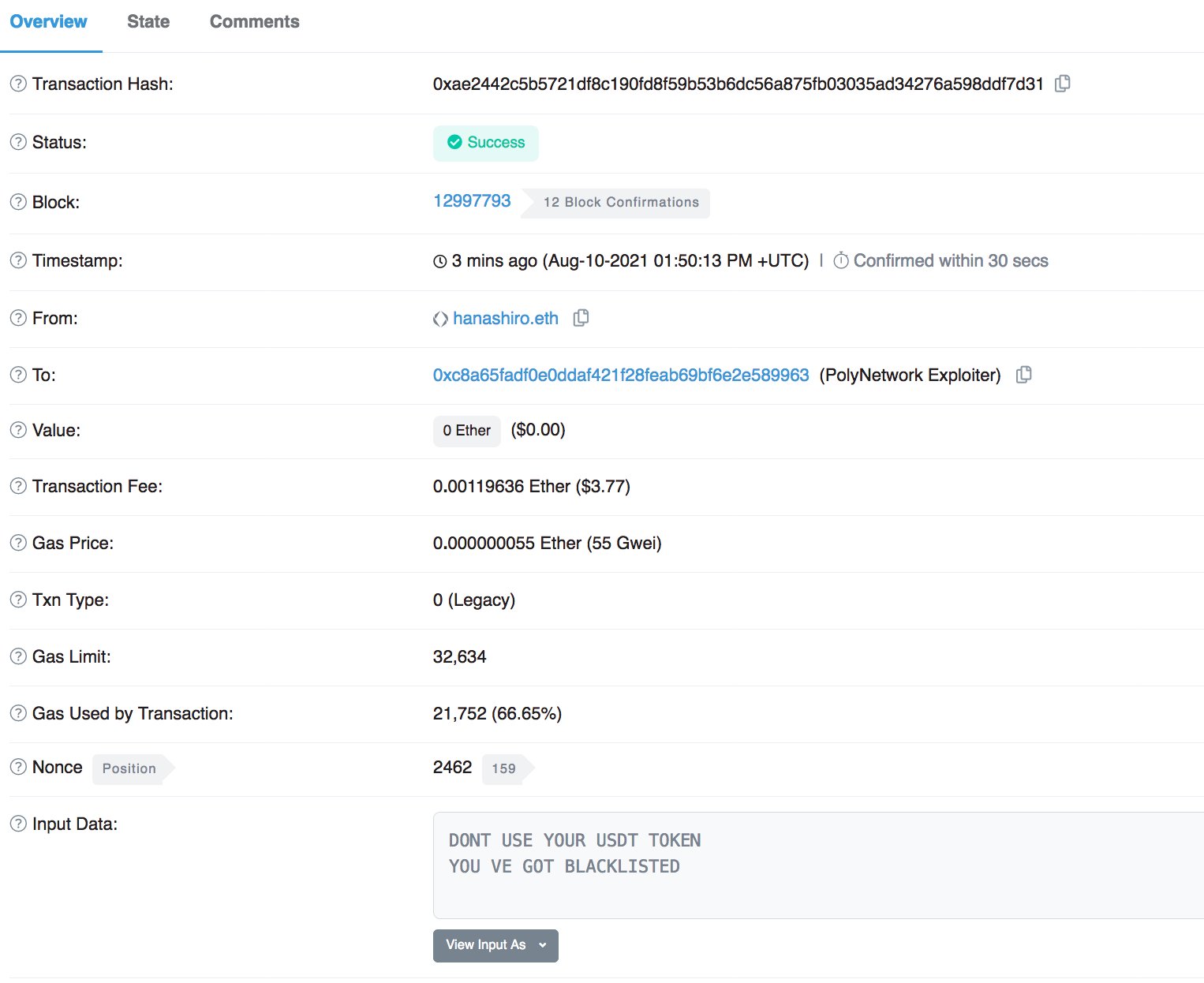


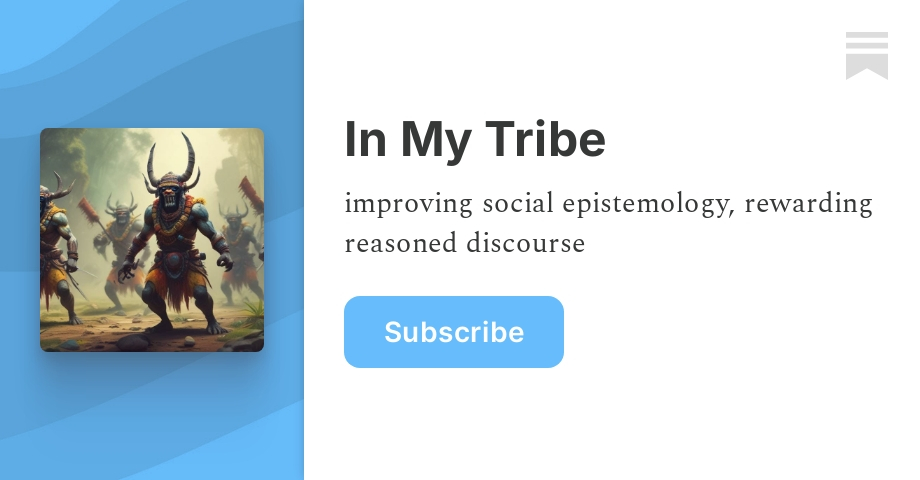



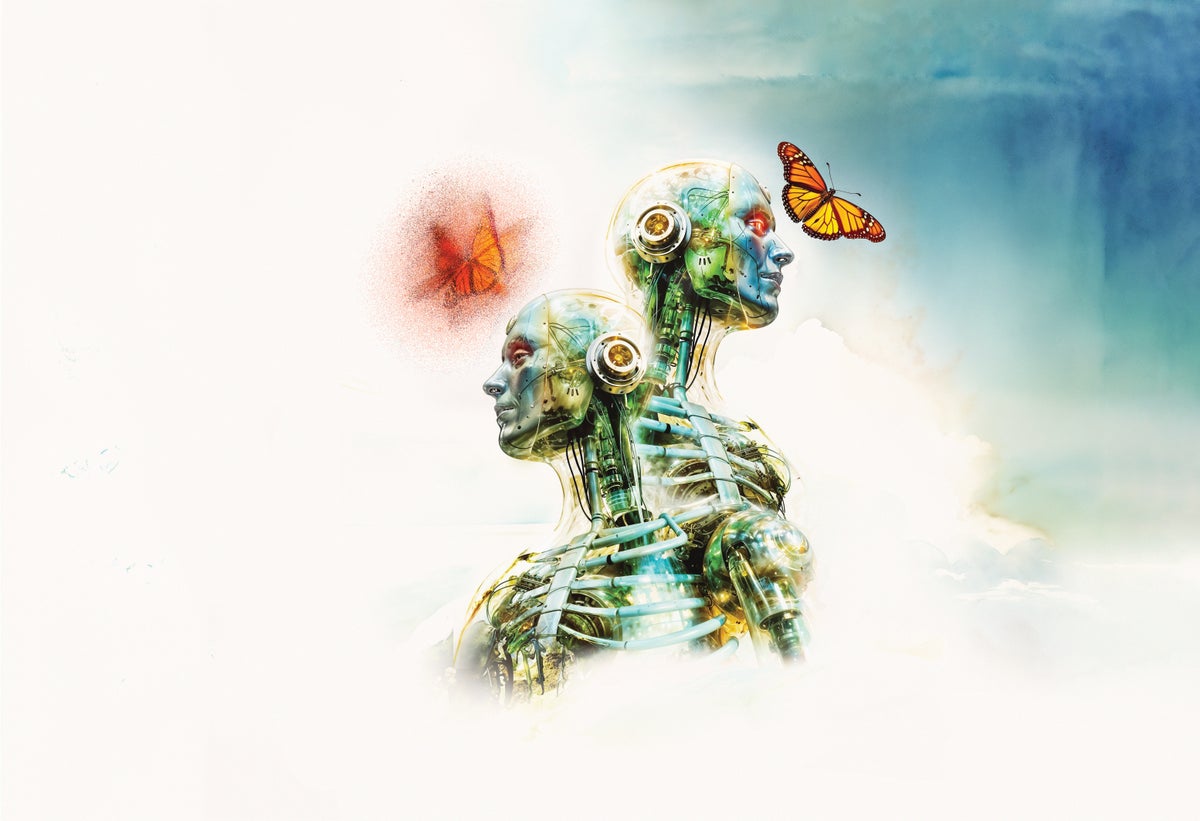



.png)


